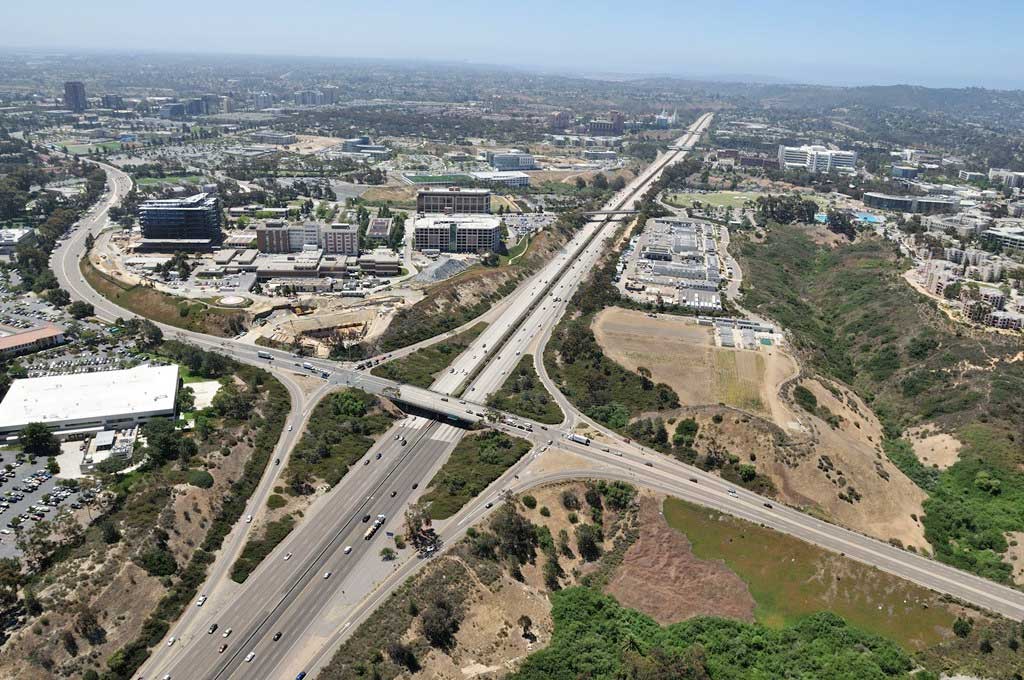SANDAG
Councilmember Shu represents the City of La Mesa on the Board of Directors at SANDAG (The San Diego Association of Governments). With representatives from 19 local governments, SANDAG aims to facilitate regional decision-making in San Diego.
SANDAG releases a Regional Plan once every four years that clarifies San Diego’s goals for the future. This year, SANDAG released the San Diego Forward: The 2021 Regional Plan that emphasizes sustainable progress. Clink on the links below if you are interested in learning more about the 2021 Regional Plan:
https://sdforward.com/about-san-diego-forward/developing-the-2021-regional-plan
Councilmember Shu was involved in a resolution regarding the 2021 Regional Plan, in which he stressed the importance of considering disadvantaged communities, the impact of climate change, and our local environment. Check out the resolution here:
A Resolution of the SANDAG Board of Directors Relating to San Diego Forward: The 2021 Regional Plan
WHEREAS, SANDAG is drafting San Diego Forward: The 2021 Regional Plan (2021 Regional Plan) that is the long-term blueprint for transportation in the San Diego region that reimagines how people and goods move in the 21st century; and
WHEREAS, Assembly Bill 805 (Gonzalez Fletcher) requires SANDAG to identify communities that are disadvantaged, and include transportation strategies to reduce pollution exposure in these communities; and re imagines how people and goods move in the 21st century; and
WHEREAS,
the California Office of Environmental Health Hazard Assessment (OEHHA) has developed a screening/mapping tool to identify disadvantaged California communities that are most affected by many sources of pollution called the California Communities Environmental Health Screening Tool (CalEnviroScreen); and
WHEREAS, any new transportation vision should consider reducing per capita Vehicle Miles Traveled (VMT) and explore electrification of the bus fleet and other high polluting vehicles for the SANDAG region, including disadvantaged communities; and
WHEREAS, Senate Bill 375 requires a sustainable communities strategy (SCS) to “use the most recent planning assumptions considering local general plans and other factors..”, the latter of which may include local climate action plans.
WHEREAS, Governor Brown’s Executive Order B-55-18 establishes a statewide goal to achieve carbon neutrality by 2045, and Senate Bill 32 and Executive Order S-3-05, sets statewide emissions reductions targets at 40% below 1990 levels by 2030 and 80% below 1990 levels by 2050 respectively; and
WHEREAS, Senate Bill 375 requires CARB to develop and set regional targets for greenhouse gas (GHG) emission reductions from passenger vehicles and light duty trucks to promote the statewide emission reduction targets; and
WHEREAS, a successful public transit system must be competitive with driving in terms of time, cost, predictability, and convenience; and
WHEREAS, environmental justice, concerns for equity as well as having an effective transit development strategy calls for considering the special needs of urban core and transit-dependent communities; and
WHEREAS,
an effective plan for all forms of transportation should consider safe and comfortable bike and pedestrian infrastructure, especially near transit stops and hubs; and
WHEREAS, Project Labor Agreements help create career pathways for a skilled and trained workforce, joint labor-management and Black Contractors’ Association apprenticeship programs, promote labor stability for a diverse local workforce which helps our local economy; and
WHEREAS,
the San Diego region has some of the most diverse and unique flora and fauna as well as precious open space, coastal to mountain landscapes and ecosystems in the world; and
WHEREAS, in order to help protect the region’s ecosystems, conservation programs developed under the Natural Communities Conservation Planning (NCCP) Act, such as the Multiple Species Conservation Program (MSCP) and the Multiple Habitat Conservation Program (MHCP), and supporting land use and zoning, need to be supported, funded and adhered to; and
NOW THEREFORE BE IT RESOLVED that the SANDAG Board of Directors directs its staff to consider the following when drafting of the 2021 Regional Transportation Plan:
( 1 ) The health results caused by implementing the 2021 Regional Plan, with an emphasis on disadvantaged communities that have historically borne a disproportionate share of pollution; and
( 2 ) Alternatives to driving for the most disadvantaged communities
( 3 ) Consistency with local Climate Action Plans
( 4 ) At least a 30% per capita GHG emissions reduction from the entire on-road transportation sector by 2035; and
( 5 ) A transit rate structure that increases ridership and expands access to mobility; and
( 6 ) Infrastructure that helps ensure that public transit is safe, comfortable, convenient and competitive with automobile travel; and
( 8 ) Local workforce and careers in construction for our region through Project Labor Agreements; and
( 9 ) Biodiversity, natural habitats, open space and other natural and cultural resources through effective land use planning that supports regional habitat conservation programs such as the MSCP, MHCP and their supporting land use plans and zoning.
NOW THEREFORE BE IT FURTHER RESOLVED that nothing in this resolution is intended to mandate the contents of the 2021 Regional Transportation Plan or its Environmental Impact Report or otherwise establish SANDAG policy prior to consideration and adoption of the 2021 Regional Transportation Plan or certification of its Environmental Impact Report by the Board of Directors.
PASSED AND ADOPTED this 9th of April, 2021.
All Rights Reserved | JackShu.com



